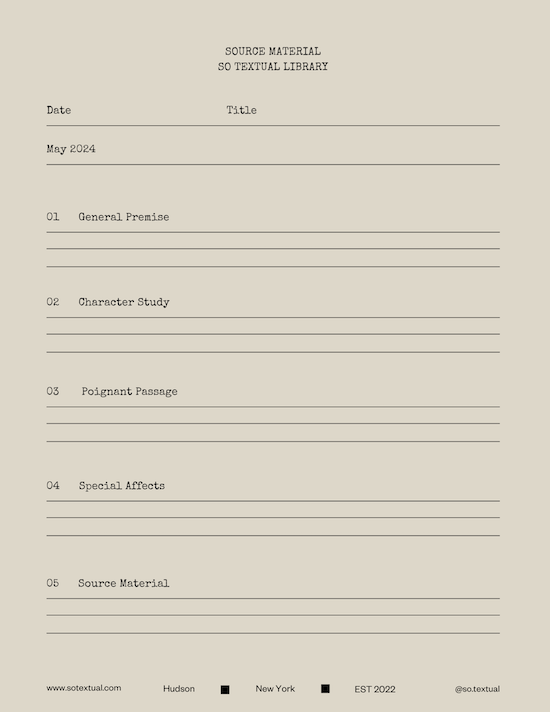What Resonated Most
The detachment in the novel stayed with me. Mishima doesn’t offer sympathy for his characters, but he makes you feel the precision of their choices, the way they carve themselves into smaller and sharper versions of who they were. Shunsuke’s bitterness is suffocating but also strangely clear-eyed. Yuichi’s beauty is both a gift and a trap, something he cannot wield without being consumed by it. The novel feels like an equation, every variable perfectly aligned but weighted with tension. It’s not about understanding them; it’s about watching them unravel.
Forbidden Colours isn’t a story about love or even beauty—it’s about control. Mishima explores how our ideals betray us when we push them too far. Let this book remind you that perfection is never neutral, and the pursuit of it often leaves ruin in its wake.
What It Stirred in Me
This book felt cold but not distant. There’s a precision to Mishima’s observations that left me unsettled, as though he was asking me to take stock of my own ambitions, my own desire to shape things into something perfect. I kept thinking about how much of life is spent managing contradictions—the things we want and the ways we destroy them in the wanting. It stirred not a feeling but a question: where in my life have I mistaken control for care? And at what cost?
Mishima doesn’t tell you how to feel; he simply sets the pieces in motion and steps back. Use this book as a way to reflect on your own ideals. What are you holding onto so tightly that it might already be slipping away?
A Line I Can’t Forget
“To pursue beauty to its ultimate end is to see it destroy itself.”
The line felt cold and matter-of-fact, not dramatic or mournful. Mishima isn’t romanticizing the idea of destruction; he’s stating a truth. The pursuit of beauty, or perfection, or even meaning, has its limits—and those limits are often fatal. It’s a hard truth, but it’s one we know instinctively, even if we don’t admit it.
This line is Mishima’s philosophy condensed: beauty as something fatal, ambition as something corrosive. It’s the kind of quote that doesn’t comfort but clarifies. Use it when you need to cut through the noise of idealism or when someone asks what makes Mishima so essential.
The Biggest Takeaway
Mishima doesn’t write for resolution or redemption. He writes to expose, to show what lies beneath the surface of the things we worship—beauty, youth, power—and how hollow they often are. The novel doesn’t tell you to stop chasing these things; it tells you to be honest about what they cost. What I’ll take with me is his refusal to let the reader off the hook. He doesn’t give answers, just the space to see yourself more clearly, whether you want to or not.
Forbidden Colors asks hard questions about what we value and why. It’s not a book that seeks to console—it’s one that makes you face what you’d rather ignore. Let it challenge you to see the cost of your own ideals.
This is how we do it at So Textual.


